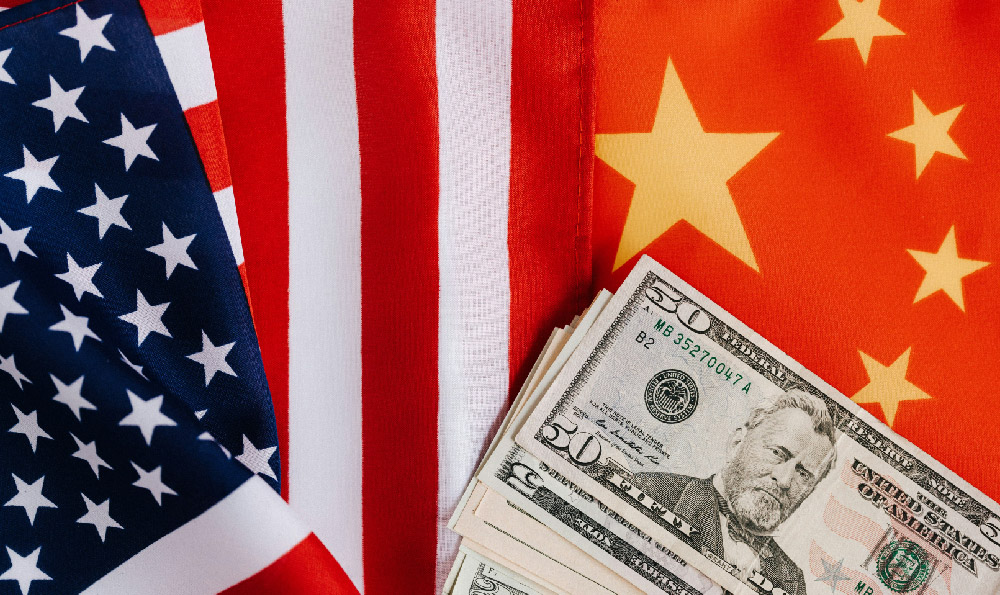Alright, let's delve into the financials surrounding Beetlejuice 2, officially titled "Beetlejuice Beetlejuice," and dissect its earnings and potential total gross. Predicting the financial success of a film, especially a sequel decades in the making, requires a nuanced approach that considers various factors ranging from production budget and marketing spend to critical reception and audience enthusiasm.
Without the benefit of having actual box office numbers (as I don’t have access to real-time data), I can provide a comprehensive analysis framework for evaluating its potential gross revenue and compare it with similar projects. This will give you a realistic perspective on what would constitute a success for this long-awaited film.
First, consider the production budget. High-profile sequels often carry substantial budgets due to increased salaries for returning stars, advanced special effects, and elaborate set designs. A higher production budget necessitates a larger box office haul to achieve profitability. Let's say, hypothetically, that "Beetlejuice Beetlejuice" had a production budget of around $100 million. This would position it in a similar range as many contemporary blockbusters, requiring it to earn at least 2.5 to 3 times its budget to break even, considering marketing and distribution costs.

Marketing spend is equally crucial. A well-executed marketing campaign can significantly boost a film's visibility and generate pre-release buzz. Given the iconic status of the original "Beetlejuice," the marketing strategy would likely focus on nostalgia, showcasing returning cast members like Michael Keaton, Winona Ryder, and Catherine O'Hara, while also introducing new characters and plot elements to attract a wider audience. A robust marketing campaign could easily add another $50-80 million to the total expenses.
Now, let's examine factors influencing potential revenue. The critical reception of "Beetlejuice Beetlejuice" will play a significant role in its performance. Positive reviews can drive ticket sales and encourage repeat viewings, while negative reviews can dampen audience enthusiasm. A positive Rotten Tomatoes score, coupled with strong word-of-mouth, would be essential for sustained success.
The film's release date and competition in the market are also critical. Releasing "Beetlejuice Beetlejuice" during a less crowded period, such as late summer or early fall, could give it an advantage. However, it must also compete with other major releases vying for the same audience. Analyzing the release schedule and potential overlap with other popular films is essential for predicting its box office performance.
Another significant factor is international appeal. The original "Beetlejuice" was a global success, and the sequel would likely aim to replicate that international reach. The film's themes, humor, and visual style would need to resonate with diverse audiences to maximize its overseas earnings. Strong performance in key international markets, such as China, Japan, and Europe, could significantly contribute to its overall gross.
To estimate the total gross, we can draw comparisons to similar films. Consider other long-awaited sequels, such as "Top Gun: Maverick," which exceeded expectations due to its strong nostalgia factor and positive reviews. While "Beetlejuice Beetlejuice" may not reach the same astronomical heights, it could potentially achieve a similar level of success if it captures the spirit of the original while offering a fresh and engaging story.
A conservative estimate for "Beetlejuice Beetlejuice" would be a total gross of around $300-400 million worldwide. This would be considered a moderate success, covering its production and marketing costs while generating a reasonable profit for the studio. However, if the film receives overwhelmingly positive reviews and generates significant buzz, it could potentially exceed $500 million or even $600 million worldwide, positioning it as a major blockbuster.
The breakdown of revenue streams would also be important. While theatrical release remains a primary source of income, "Beetlejuice Beetlejuice" would also generate revenue through home video sales, streaming rights, television licensing, and merchandise. These ancillary revenue streams can significantly contribute to the film's overall profitability over time.
It's also worth considering the impact of changing viewing habits. With the rise of streaming services, audiences have more options for entertainment than ever before. This can impact theatrical attendance, particularly for films that are also available on streaming platforms shortly after their release. The studio would need to carefully balance its theatrical release strategy with its streaming plans to maximize revenue.
In conclusion, without specific box office figures, a definitive answer to "How Much Did Beetlejuice 2 Earn?" remains elusive. However, by considering the factors outlined above – production budget, marketing spend, critical reception, release date, international appeal, and comparable films – we can construct a realistic estimate of its potential gross. A successful "Beetlejuice Beetlejuice" would likely need to earn at least $300 million worldwide to be considered a profitable venture, with the potential to exceed that figure significantly if it resonates with audiences and critics alike. Ultimately, the film's financial performance will depend on a complex interplay of creative execution, marketing strategy, and audience reception.











